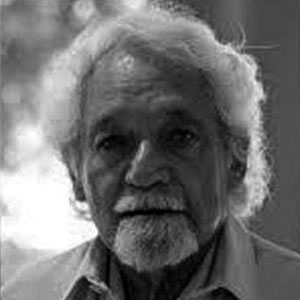Authors
Pablo Armando
FERNÁNDEZ
Puerto Padre, Las Tunas, 1929 - Puerto Padre, Las Tunas, 2021
Genre: Poetry , Narrative , Essays , Translations
In his essay Review of Cuban poetry, Heberto Padilla wrote: “Although much poetic constancy in our literary generations (much more than in the novel or the theater) has failed to produce our great poet, no doubt that this passion for continuity in creative work has given us great Cuban poems. This book is not the ambitious summary that the title could suppose: it is the tastes, the various influences, (the Bible, St. John Perse, TS Eliot, Quevedo, Manrique, Vallejo, Gabriela Mistral and other artists who, apparently irreconcilable, have formed the definitive voice of this poet); they are also the different worlds of the author since the appearance of his first book. Here are the torn testimonial poems; religious faith, political and social concern, contemplation of nature, love, family, fatigue and the struggle of our time and the often painful chronicles of his years of economic exile in the United States where he lived 15 years.”


